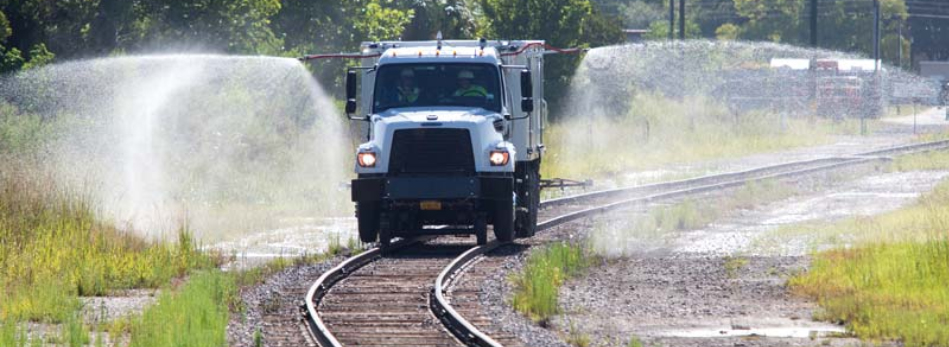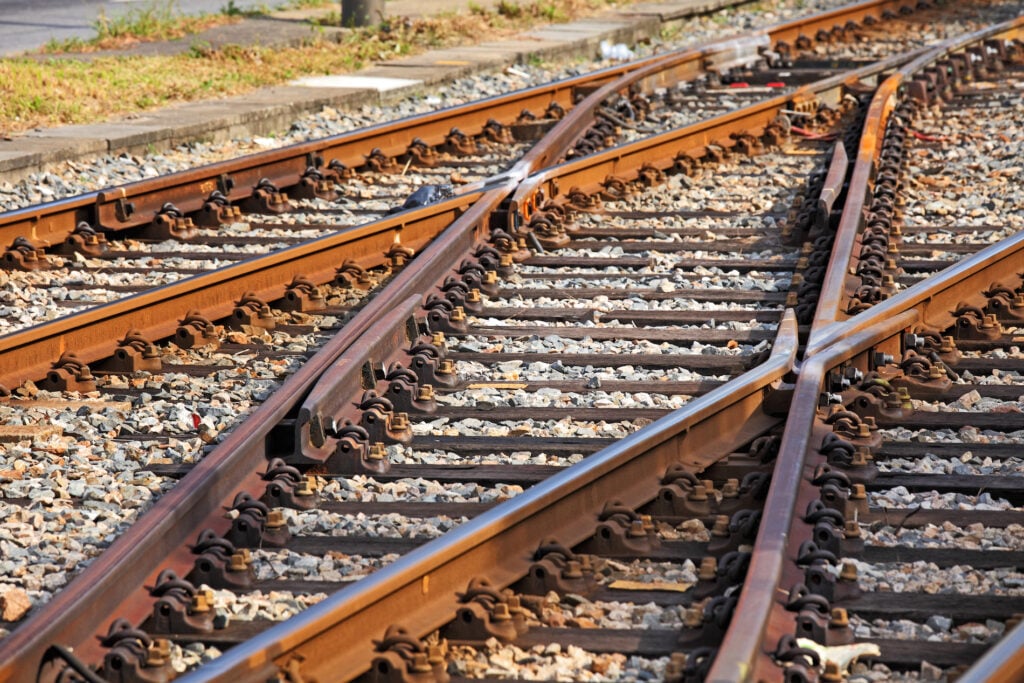CN Rail has to pay a hefty fine of $100,000 for spraying pesticides along the Skeena River without proper approval. But some people are wondering if the fine should have been higher.

“This is disturbing,” Skeena-Bulkley Valley Member of Parliament Taylor Bachrach wrote recently on Facebook. “By my math, the $100,000 fine amounts to 0.0007% of CN’s $13.8 billion 2020 revenue. If CN was a person earning $50,000 per year, the equivalent fine would be 36 cents…for spraying pesticides into the tributaries of the Skeena.”

The NDP MP went on, “Think about that for a second.”
Some commenters on Bachrach’s post seem to agree. “Fines for companies breaking environmental regulations need to be increased!” Andrea Forman wrote. “Our salmon depend on it! Too many big companies are given a break when they pollute and so they continue to pollute because it’s worth it for them.”
Scott Weeber added, “$100,000 isn’t even a slap on the wrist to these guys.”
The fine was announced by the B.C. Conservation Officer Service.

“CN Rail has entered a guilty plea and been sentenced to a penalty of $100,000 in connection with failing to obtain the required authorization to apply pesticide to its train tracks in northwestern B.C.,” the organization wrote in a release.
The unapproved spraying took place in 2017 over 150km of tracks between Terrace and Prince Rupert. “A joint investigation between the Conservation Officer Service and Environment and Climate Change Canada was launched after ECCC officers travelling along Highway 16 noticed a spray truck on the CN Rail tracks discharging a mist from the front and rear spray booms of the vehicle,” the release explains.
The majority of the money, about $95,000, will go to the Habitat Conservation Trust Foundation, which helps restore fish and wildlife habitats in the Skeena.






No, not enough. Should be fined, that money goes into general infrastructure for the province and cn also has to reclaim the affected areas as best they can, example would be similar to how mines have reclamation of mine sites that are no longer operational. Same with gas stations, these companies that closed down should still have to pay for the reclamation of said land, not the taxpayer. We never made a profit off of this so why do we pay for it? The system is broken and needs fixing.